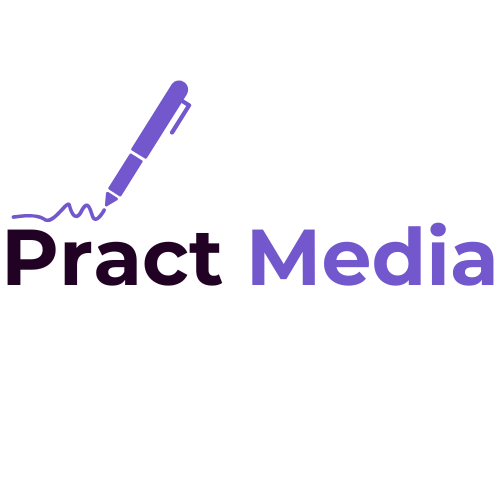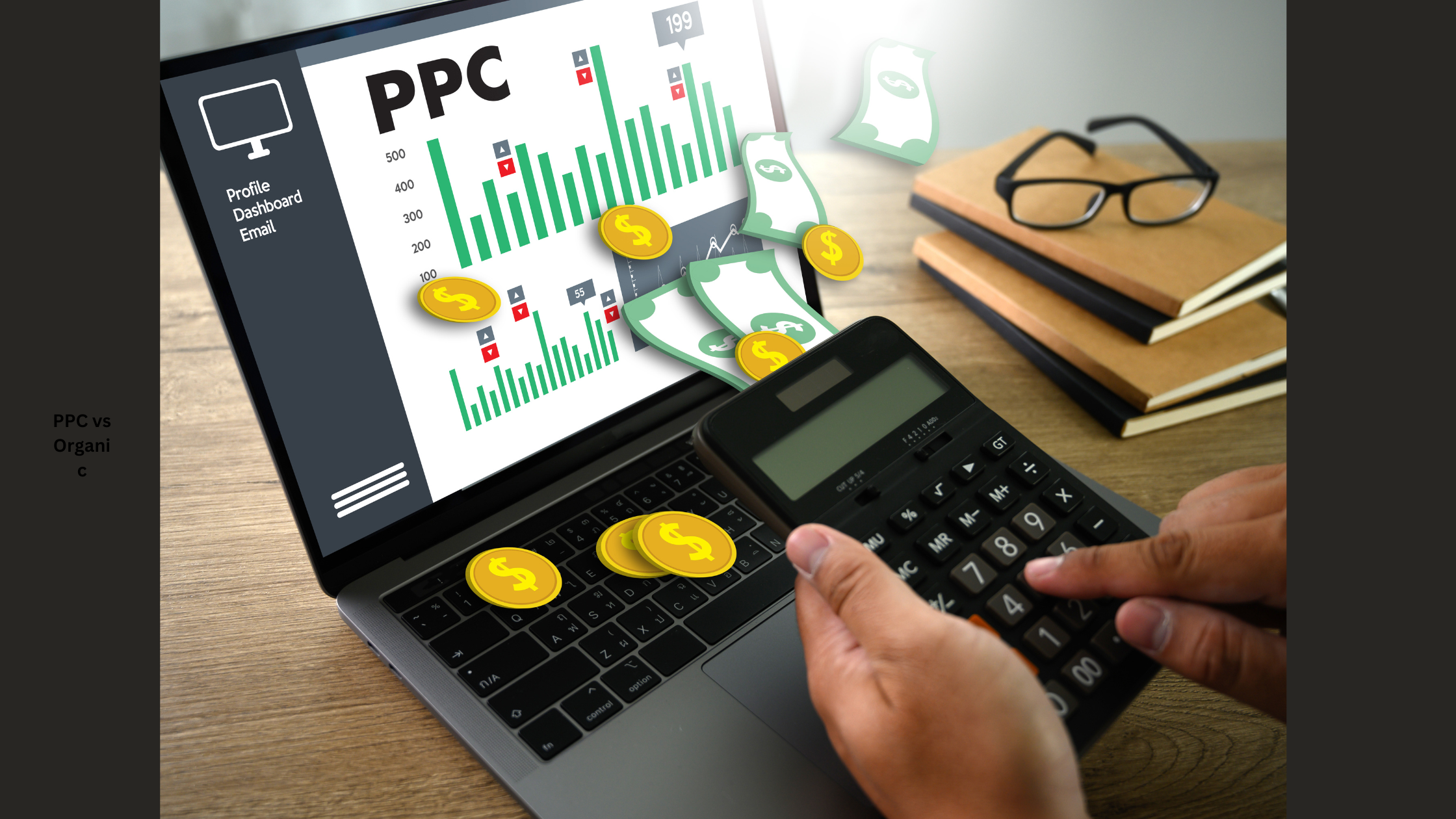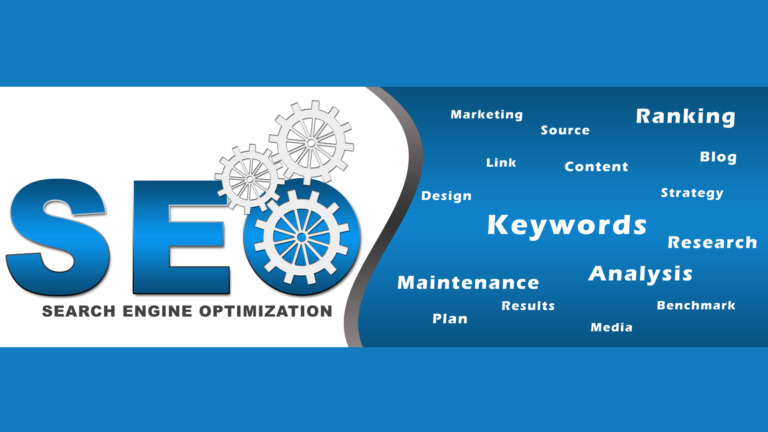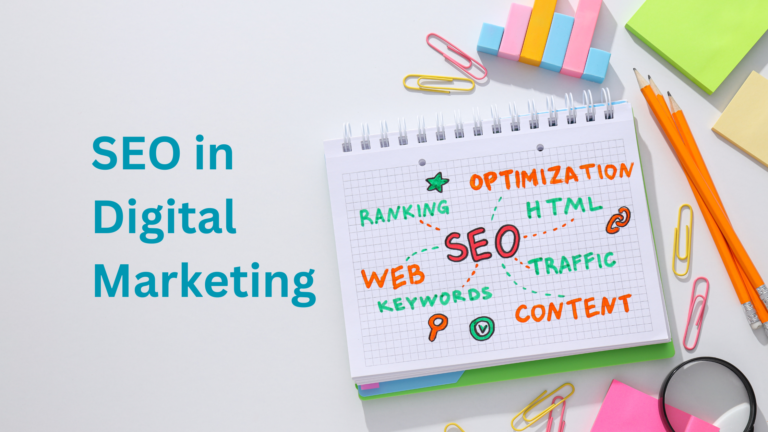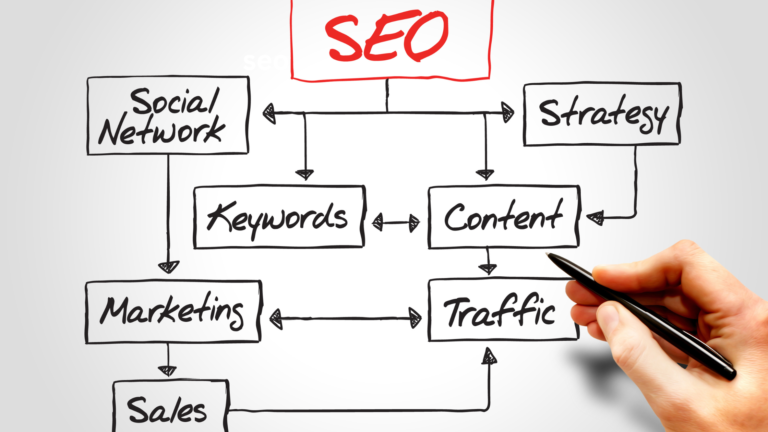PPC vs Organic Search: Which is The Best
Almost 90% of marketers think SEO works well, and they’re right.
After improving its search visibility,
Reynolds Building Solutions saw a massive boost in traffic and leads.
They got 43% more organic traffic and 71% more contact form submissions in a year.
This shows how vital organic search is for your business.
However, paid search ads, or PPC, also help bring in visitors and sales.
Knowing how to use PPC vs organic search can help your marketing.
Understanding Digital Marketing Fundamentals
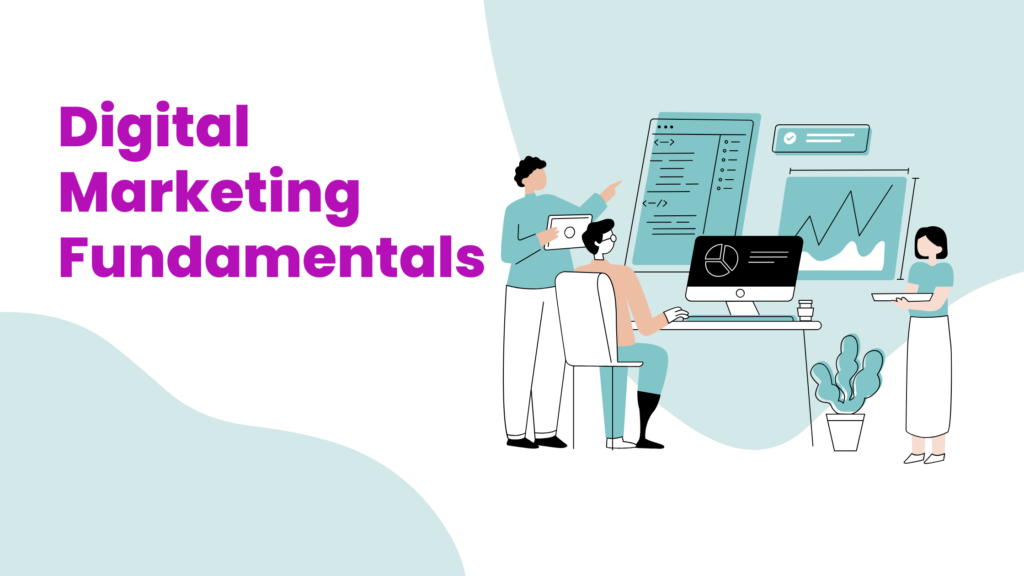
The world of digital marketing has changed a lot over the years.
With the internet now a big part of our lives,
Businesses must change how they market themselves.
Google is a key player, with 92.47% of the global search engine market.
The Evolution of Online Marketing Channels
Businesses must grasp Google’s 200 ranking factors and the role of technical SEO,
link building, and content creation.
Both paid and organic searches are crucial for reaching your audience and boosting website traffic sources.
The shift in online marketing strategies means businesses must keep up to stay ahead.
The Role of Search in Modern Business
Search engines are now the primary way people find products and services.
Online solid visibility through both paid and organic search is critical.
By understanding SEO and paid search,
Companies can grow and find new opportunities in the digital world.
What Makes Organic Search Different from Paid Search
Digital marketing has two main parts: organic search and paid search.
Organic search means getting ranked without paying for it.
Paid search, or PPC, involves bidding on keywords to show ads at the top of search results.
People often trust organic search more. It gets more clicks than paid ads.
Organic search results are nearly 20 times more likely to receive clicks than paid results.
It’s also cheaper in the long run, and it builds your brand and steadily brings in organic traffic.
Paid search, however, is excellent for quick results and targeting specific groups.
Choosing between organic and paid search depends on your budget, time, and goals.
Ad campaigns can bring in fast traffic and sales,
while search engine optimization helps grow your visibility and brand awareness over time.
Using both can be the best way to boost your online presence.
Deep Dive into PPC Advertising
Pay-per-click (PPC) advertising is a crucial digital marketing tactic.
It uses an auction system to place ads on search engine results pages (SERPs). Businesses bid on keywords,
Google Ads looks at several factors to decide on ad placement.
How PPC Auction Systems Work
The PPC ad auction is a complex, real-time process.
Advertisers compete for top spots on search engine results.
They set a maximum bid, and the system ranks ads based on bid, ad quality, and other factors.
Key Components of Successful PPC Campaigns
Creating a successful PPC campaign needs several vital elements.
These include precise targeting, compelling ad copy,
And high-quality landing pages.
Understanding your audience helps create ads that connect and lead to conversion.
Budget Management in PPC
Managing your budget is critical in PPC advertising.
Costs can rise fast, especially for popular keywords.
It’s essential to watch your ad spend, adjust bids,
And optimize campaigns for a good return on investment.
Mastering Organic Search and SEO
Online visibility is critical,
And both organic search and paid search (PPC) are essential.
Organic search means free listings on search engine results pages (SERPs).
Businesses boost their rankings through SEO,
optimizing content, and getting quality backlinks.
Paid search, on the other hand, offers ads on SERPs after bidding on keywords.
Organic search is a long-term plan, leading to lasting growth and user trust.
It’s cheaper in the long run, as you don’t pay for each click.
But it takes time to keep up with SEO trends and optimize your site.
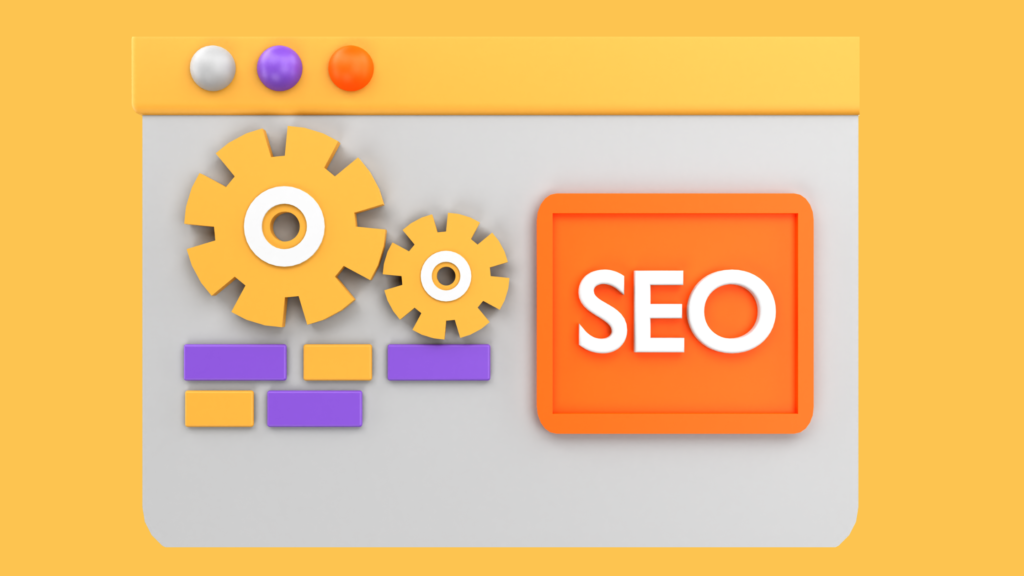
Paid search gives quick visibility and results, perfect for new businesses or urgent promotions.
It also lets you target specific groups and track performance in real time.
This helps companies to adjust their strategies quickly.
Using organic and paid search is best for the best online results.
This approach boosts visibility,
Increases conversions and helps improve SEO and paid search strategies.
Cost Comparison: PPC vs Organic Search
Choosing between pay-per-click (PPC) ads and organic search engine optimization (SEO) affects your marketing budget and ROI.
Knowing the costs upfront and long-term effects is critical for your business’s success.
Initial Investment Requirements
PPC ads need an initial ad spend, with costs changing based on industry and keyword competition.
Organic search might start with lower costs but needs content creation and optimization time.
PPC can bring quick results, but ongoing costs can reduce profit margins.
Long-term Financial Implications
The financial impact of PPC and organic search varies by industry,
keywords, and marketing goals.
In the long run, organic search is often cheaper since traffic is free once ranked high. Yet, achieving this takes a lot of time.
PPC offers more control and flexibility, but costs remain as long as the campaign runs.
Your choice between PPC and organic search should match your business’s needs, budget, and goals.
Understanding the costs and benefits of each helps make a smart choice for your marketing strategy and ROI.
Time Investment and Results Timeline
Digital marketing often pits PPC against organic search based on results timing.
PPC, or pay-per-click, gives quick results.
Your ads can pop up on search engines right after approval and launch.
This speed is great for businesses needing fast visibility and traffic.
Organic search, or search engine optimization (SEO), takes longer.
It might take months or years to see significant improvements in rankings, especially for new sites.
SEO needs constant work to keep and boost rankings as search algorithms and user habits change.
But, once well-established, you get ongoing traffic and visibility without extra ad costs.
“The choice between PPC and organic search often depends on the urgency of the results needed and the resources available for long-term investment in your marketing timeline.”
Choosing between PPC and organic search depends on your goals, budget, and needed results timeline.
PPC offers immediate results, while SEO is a long-term organic traffic strategy.
A mix of both can be crucial for a successful marketing timeline for your business.
Measuring ROI Across Both Channels
It’s vital to check how much you get back from your marketing spending, whether for PPC ads or SEO.
Each method has its way of tracking success.
Knowing how to measure success is essential for improving your digital marketing plans.
Key Performance Indicators (KPIs)
For PPC ads, important KPIs are click-through rate, cost per click, and conversion rate.
These show how well your ads and landing pages work.
SEO, however, is judged by organic traffic growth, search rankings, and organic conversion rates.
These help see the lasting effects of your SEO work.
Analytics and Tracking Methods
Google Analytics and Google Search Console are great for tracking PPC and SEO.
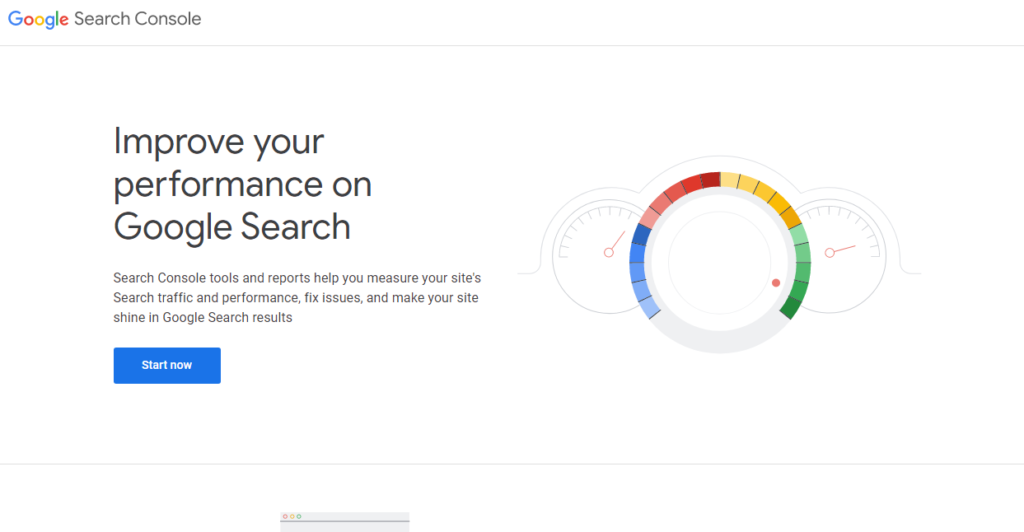
They give you detailed traffic analysis and marketing metrics,
which lets you monitor your conversion rates and make intelligent choices.
PPC shows ROI quickly, but SEO’s impact takes longer to see.
“The average ROI from a high-quality SEO campaign is 748%, translating to a return of $7.48 for every dollar invested.”
Good analytics and tracking are vital for improving both PPC and SEO.
They help you get the most from your marketing and grow your business steadily.
Building Brand Authority
Building your brand’s authority online is critical to lasting success.
Organic search helps a lot in this.
By showing up in search results, your business shows it knows its stuff and is trustworthy,
boosting your brand awareness.
Content marketing is a big part of SEO.
It lets you share your knowledge and gain your audience’s trust.
With good content, your brand becomes a go-to in your field.
This can lead to better search rankings, more website visitors, and stronger customer ties.
PPC ads can also help your brand get noticed.
But, organic search results are seen as more reliable by people.
Organic and paid methods can make your brand stand out more in search results.
“More than 77% of all pages take more than a year to rank in Google’s top 10.”
Getting high in organic search rankings takes time and effort, but the benefits are worth it.
Brands that focus on brand authority through SEO get more traffic, gain customer trust, and stay ahead in their field.
Targeting Capabilities and Audience Reach
Digital marketing has two main strategies:
PPC (Pay-Per-Click) and organic search.
PPC lets businesses target specific groups,
like demographics and locations. It even targets based on user behavior.
This means companies can focus their marketing on their desired buyer persona.
Organic search, or SEO, helps businesses reach users at various customer journey stages.
It uses different types of content to attract users with different needs,
allowing businesses to build a strong presence across many search queries related to their industry.
Geographic and Demographic Targeting
PPC is great for targeting by location and demographics.
It lets businesses reach their audience based on age, gender, interests, etc.
This precision ensures marketing efforts hit the most relevant and engaged audience segmentation.
User Intent and Search Behavior
PPC gives businesses quick access to their target audience.
However, organic search captures users’ needs, from information to purchases.
By optimizing content for keywords and user queries,
SEO helps businesses attract a wide range of potential customers at every customer journey stage.
Common Challenges and Solutions
PPC and SEO face unique challenges.
PPC battles high competition for keywords, causing ad fatigue and cost increases. To tackle this,
Businesses must improve targeting, update ads, and use long-tail keywords.
SEO also has its hurdles, like keeping up with algorithm updates.
It takes time and effort to compete for top keywords in crowded markets.
However, businesses can succeed by staying updated on SEO,
Creating quality content and maintaining a consistent strategy.
Both PPC and SEO need constant adjustments to stay ahead.
Businesses investing in these areas and optimizing their strategy will likely outdo their rivals.
This leads to better results for their business.
Integrating Both Strategies for Maximum Impact
Combining your PPC and SEO strategies is critical to getting the most out of them.
This blend can boost your online presence,
Reach more people and help you make smarter marketing choices.
Creating Synergy Between PPC and SEO
Use your PPC data to shape your SEO keyword strategies and vice versa. This insight-sharing
helps you improve your targeting and messaging in both areas.
PPC can show you the top keywords for organic search, while SEO uncovers valuable long-tail keywords for PPC.
Also, ensure your content and brand message match in SEO and PPC campaigns.
This consistency improves user experience and builds trust in your brand.
Using PPC remarketing can also bring back website visitors, boosting conversion rates.
Resource Allocation Strategy
For resource allocation, aim for a balanced mix of PPC and SEO.
Use PPC for quick wins and SEO for lasting growth.
PPC lets you test keywords and landing pages before investing in SEO,
While SEO offers a steady flow of high-quality, cross-channel optimized traffic.
By merging your PPC and SEO strategies, you can make your marketing spend work harder.
This approach helps you connect with your audience through various channels,
strengthen your online brand, and make more informed marketing decisions.
Future Trends in Search Marketing
The digital world is constantly changing, and search marketing is no exception.
Voice search is becoming more critical as people use smart speakers and phones.
It’s vital to make your content easy to understand for voice searches.
Using artificial intelligence (AI) in your search marketing is also crucial.
AI helps improve search algorithms and offers new ways to target your ads, making your campaigns more effective.
Mobile-first indexing is another big trend. Most searches now come from mobile devices.
So, ensuring your website works well on mobile is vital for good visibility.
Your strategy will include adapting to mobile-first indexing
and making your content and website work well on mobile devices.
In the future, search marketing will blend with other digital areas like social media and e-commerce.
You’ll need to think about your online presence more comprehensively,
Combining your search marketing with your other digital marketing efforts.
By keeping up with these trends, you can help your business thrive in the changing world of search marketing.
